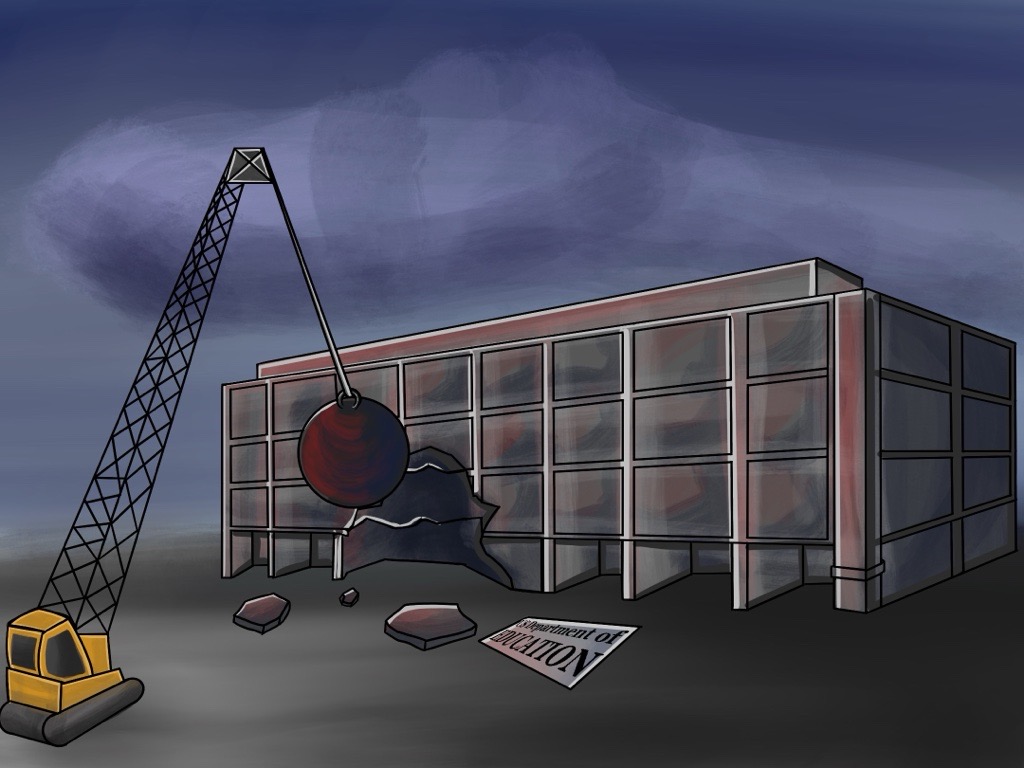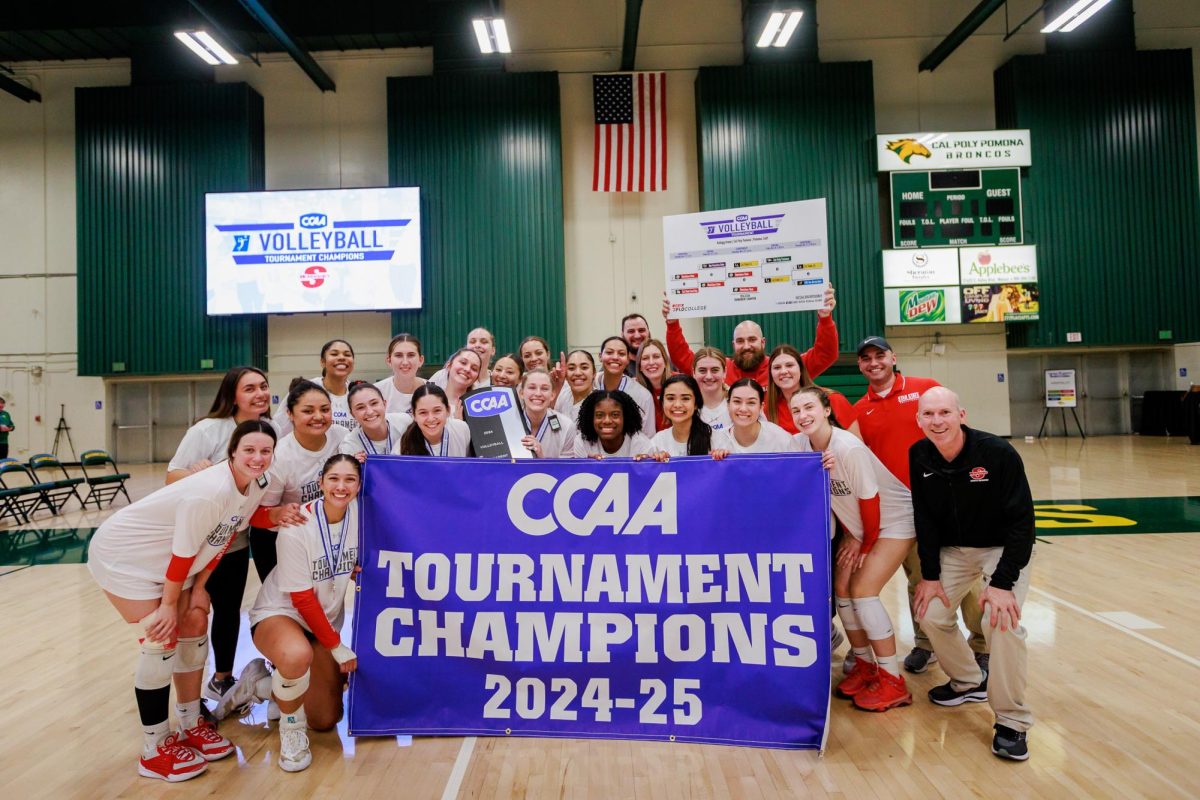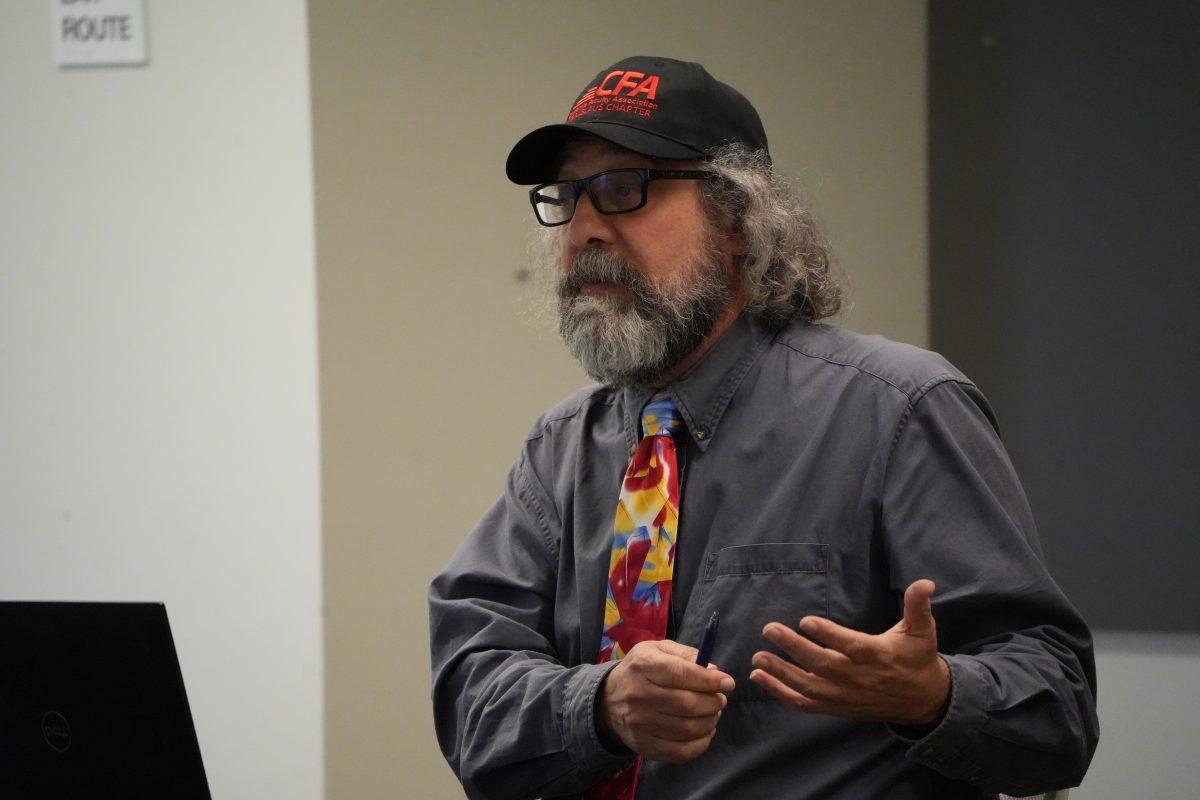A few short hours after we forget about the physical luxuries and give thanks to more important aspects like the people in our lives, marketing executives lure us back into intemperance and purchasing excess goods. During this time of year, retailers big and small bring their business into profit; or ‘back into the black’ as they refer to it.
Last weekend, Black Friday shoppers shelled in a total of $59.1 billion, raking in a 13 percent increase from 2011. This came as a result of early doorbuster deals from retailers, as well as an increase in online shopping.
Black Friday has become a staple ‘holiday following a holiday;’ right after finishing stuffing and cranberry sauce, families begin assembling at major retail corporations hoping to get their specialty items. But the adoption of this consumer weekend has come with mixed emotions.
Veronica Lynagh was not amused by the marketing holiday.
“Last year, I got upset because I had 25 people here for Thanksgiving dinner, and at 8 p.m. the whole family left to wait in line at Best Buy. I thought it was ridiculous. Why would you leave your family to go stand in line and buy things?”
If there is any consolation to Lynagh, there has been a decline in shoppers the day immediately follow ing Thanksgiving festivities.
Major corporations have been adept to the increase in online shopping, as major online shopping sites arranged special Black Friday deals. Instead of waiting hours in frigid outdoor conditions, Black Friday seekers can get the deals they desire without having to leave the couch.
IBM Benchmark reported that online shopping last Friday increased 21 percent, with 24 percent of these customers making purchases from their smartphone or tablet. Despite high sale outcomes, perhaps an economically-conscious environment affected shoppers this time around.
After surveying many Black Friday shoppers, the National Retail Federation (NRF), the industry’s largest advocacy organization, concluded that between 65 and 85 percent of shoppers used either cash or debit card, potentially in fear of debt accumulation.
The NRF also predicted after a survey this month that 147 million people would shop over the Black Friday weekend, but only 137 million people turned out. Still, turnout was up 4.6 percent from last year.
If we look back far enough in history, this pre-determined gluttony of our stomachs and wallets should not come as much surprise. It turns out that Fred Lazarus, head of Federated Department Stores in the 1940’s, actually convinced President Franklin Delano Roosevelt to change the date of Thanksgiving to extend the shopping season.
Good to know that the modern day Thanksgiving that we have always known is based on turkey and 70 inch LED Televisions.






